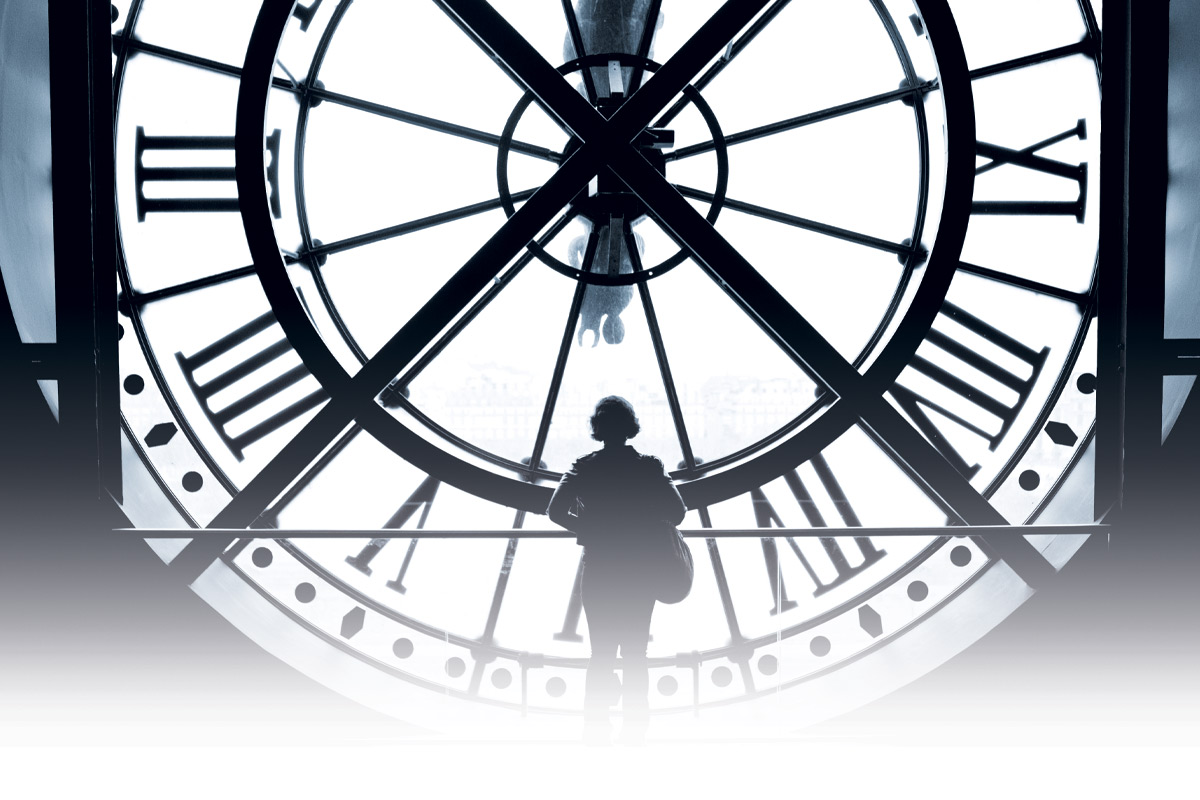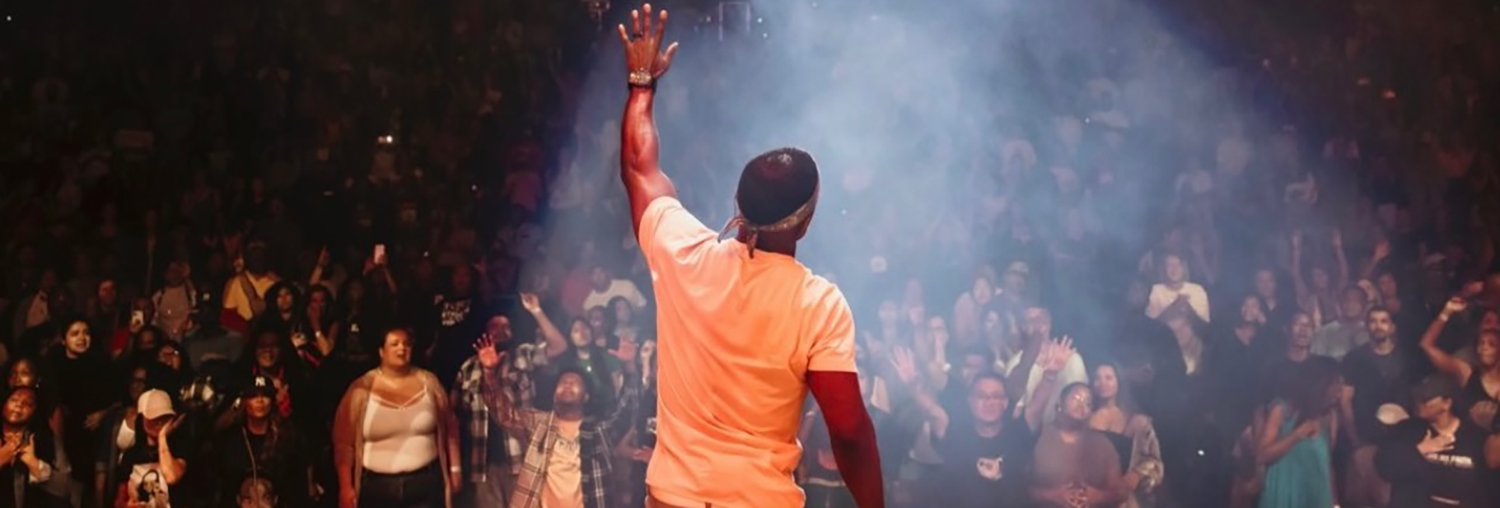

anye West’s “Sunday Service” and the Kirk Franklin/Maverick City Kingdom Tour—nontraditional, drop-in worship services—attract thousands of diverse people, across generations around the country in the last two years. Organizers are celebrating the record-breaking attendance in a setting where you hear music and messages that inspire love, forgiveness, and the Gospel of Jesus Christ.
“It’s just an idea we had to open up our hearts to make music that we felt was as pure and as positive as possible and just do it for an hour every Sunday,” said hip hop artist and fashion mogul West recently. Curiously, West sought to promote “something where people can just come together and feel good with their families.”
West’s description of “Sunday Service” raised eyebrows, however. Since when is church not a place where people gather and enjoy positive vibes with their families? In the ever-changing religious landscape, leaders are monitoring the interplay of traditional religion and a youthful spirituality, and looking for that sweet spot.
LONGINGS OF A SPIRITUAL HEART
As disciples, we know our power comes from complete reliance on the Holy Spirit. Through the power of the Holy Spirit, we receive healing, deliverance, and accept salvation. It’s the Holy Spirit that provides discernment from the real versus the fake, and the religious versus the spiritual. The Holy Spirit leads people to Christ, and empowers disciples to do the same.
Could this wave of interest in spiritual good vibes be such a move of the Spirit?
SERMONS FOR THE SPIRIT
Individuals like Creation-Diamond Collector want to connect with God and gain new insights about faith. Her experience also tracks with research that challenges the traditional, in favor of a non-traditional—“spiritual”—approach to faith, where an increasing share of adherents appear satisfied getting their church experience from a Sunday Service or the Kingdom Tour.
Church Helper combined two studies, from the Pew Research Center and the Barna Group, to answer the question: why don’t people go to church? Here are their seven answers:
- They deem the church irrelevant.
Here’s where you hear the phrase, “I’m spiritual, not religious,” or “I practice my faith in other ways besides going to church.” - They cite the hypocrisy and moral failures of church leaders.
Millennials, as referenced in the Barna study, believe church leaders should lead by example. Consequently, they are disenchanted by the pretense and misconduct of church leaders. - They feel God is missing in the church.
This represents the number one reason why people don’t attend. Churches need to do a self-evaluation to ensure the environment and worship experience ensures the presence of God. - They feel that legitimate doubt is prohibited.
Instead of seeing doubt or anxiety as a threat to faith, the church needs to consider this an opportunity to address doubt or anxiety through the Word of God. As a result, people can feel free to grow in their faith. - They don’t learn about God or Jesus.
In stating the obvious, the church needs to ensure at its core that every service connects people to God or Jesus. - They don’t gain any significant or new insights about faith.
Church sermons matter and impact attendance. If the pastor is not consistently delivering a fresh and remarkable word, people will stop coming. - They have trouble finding a community.
People need engagement with a community within the church.
Shore Fire Media reported that the Kingdom Tour obliterated the record for the highest gate gross amount for any other Christian/gospel tour through its first four concerts in Miami, Orlando, Tampa, and Atlanta. More than 50,000 people attended the events, including more than 15,000 individuals in Atlanta.
“God’s love is not just for one type or person,” proclaims Maverick City’s Naomi Raine. “He shows it to everyone, and I think it’s important that we represent that in our music, and it’ll think it’ll shift and change generations to come.”
Instead of questioning the motives and development of the “Sunday Service,” let’s discover how we can learn from it to attract millennials and Generation Z. Considering that people are willing to pay for the Kingdom Tour concert and may not enter a free church, let’s learn how to provide a meaningful connection to God at the local church for a diverse and intergenerational audience.